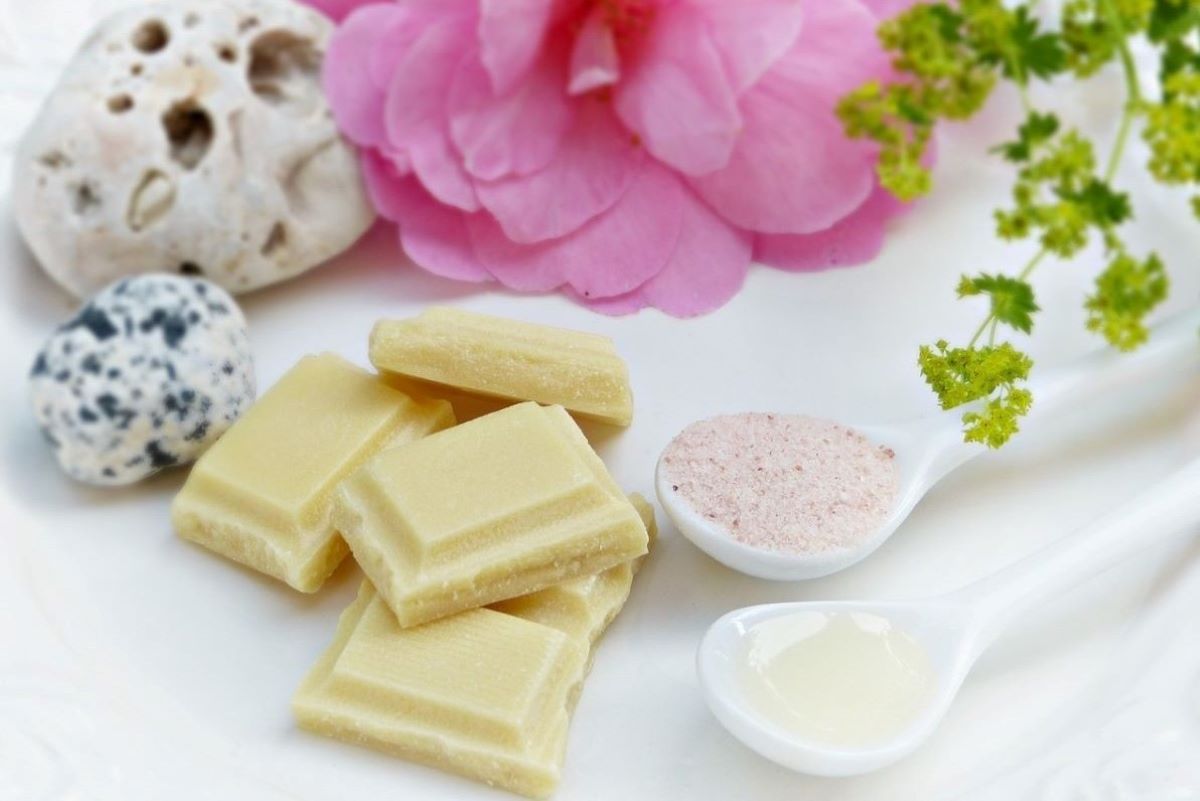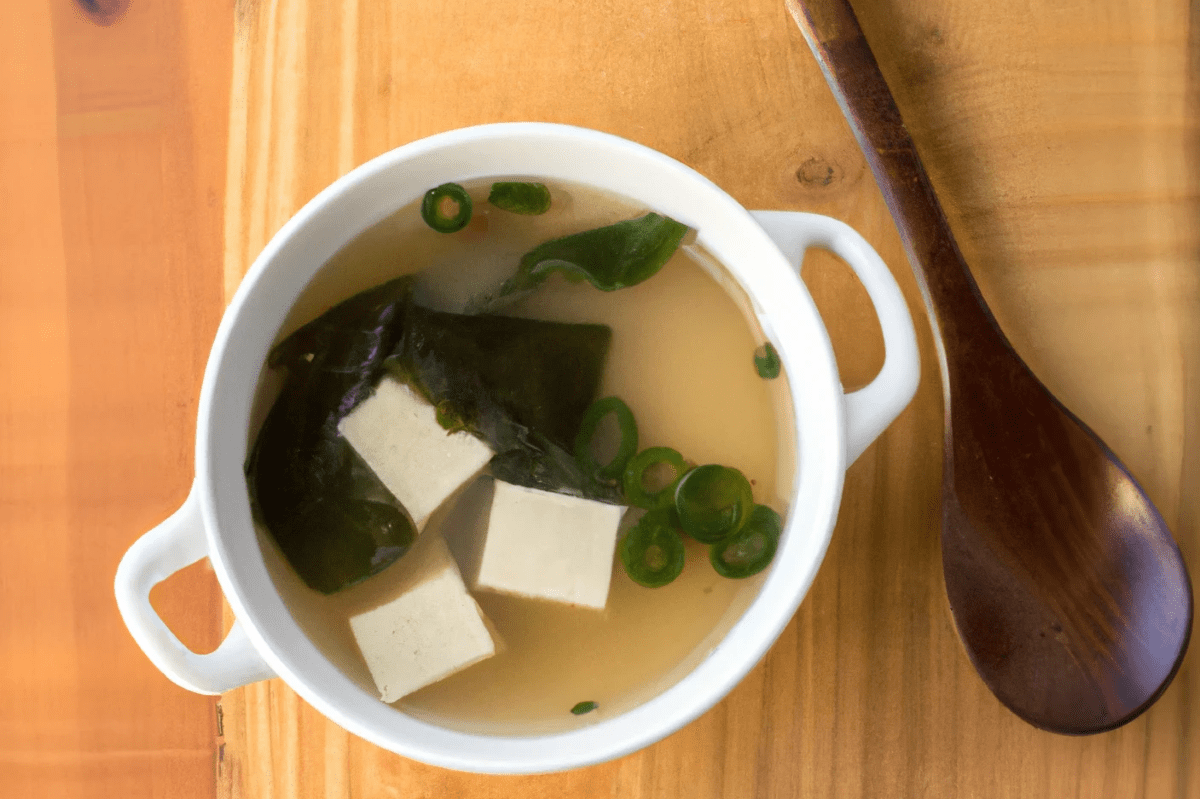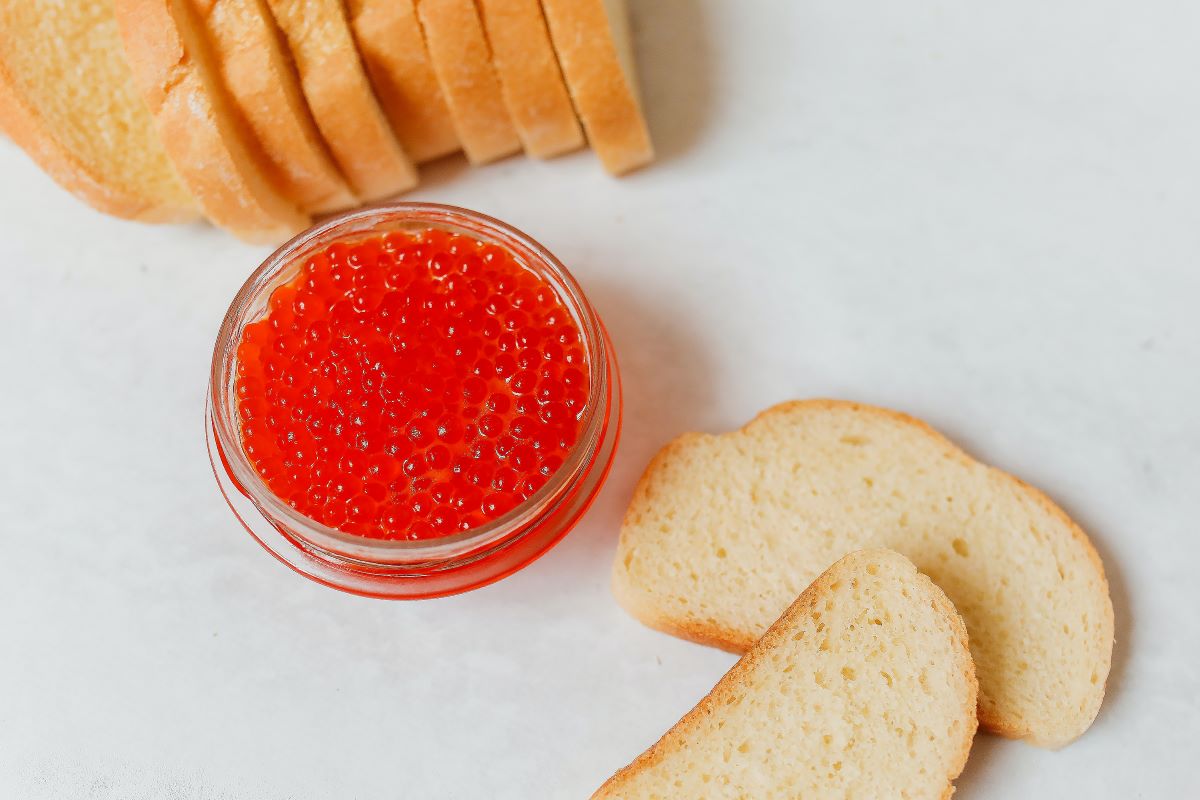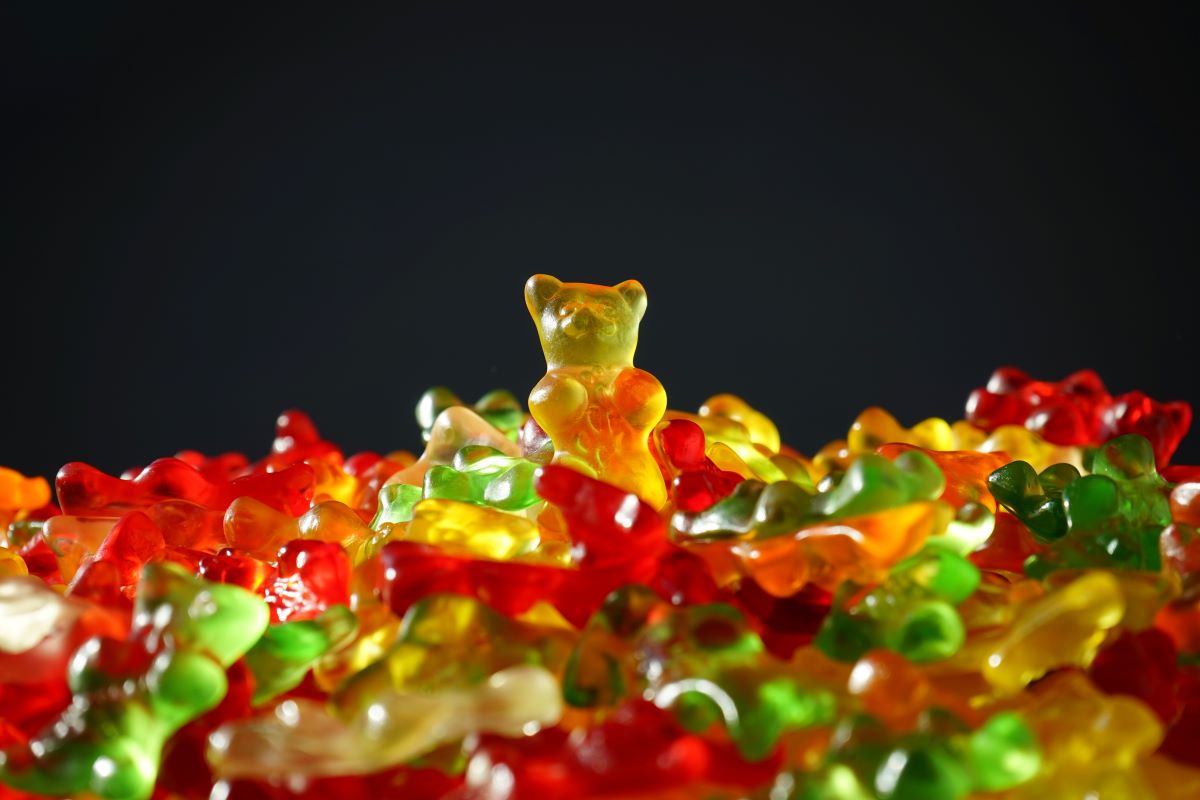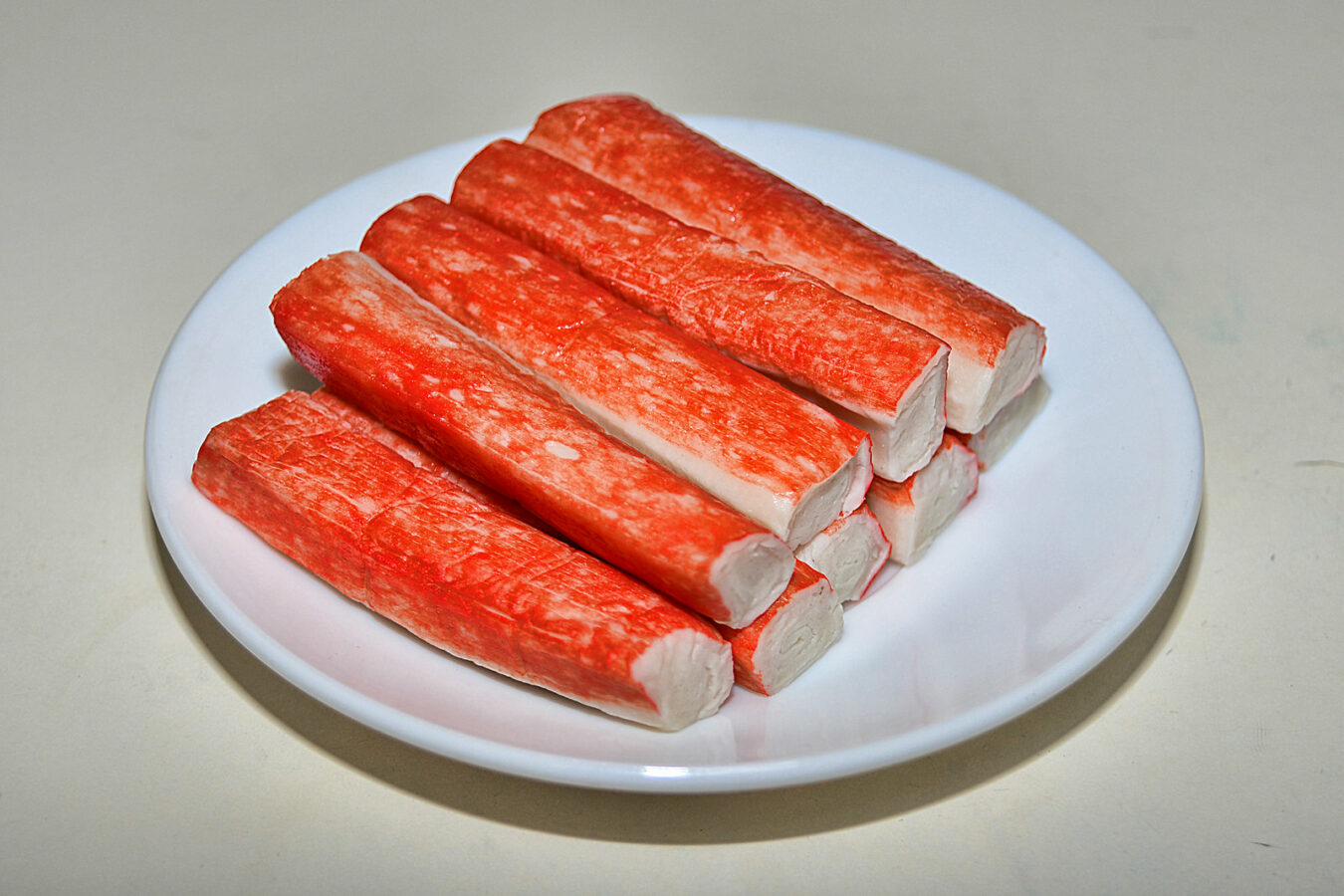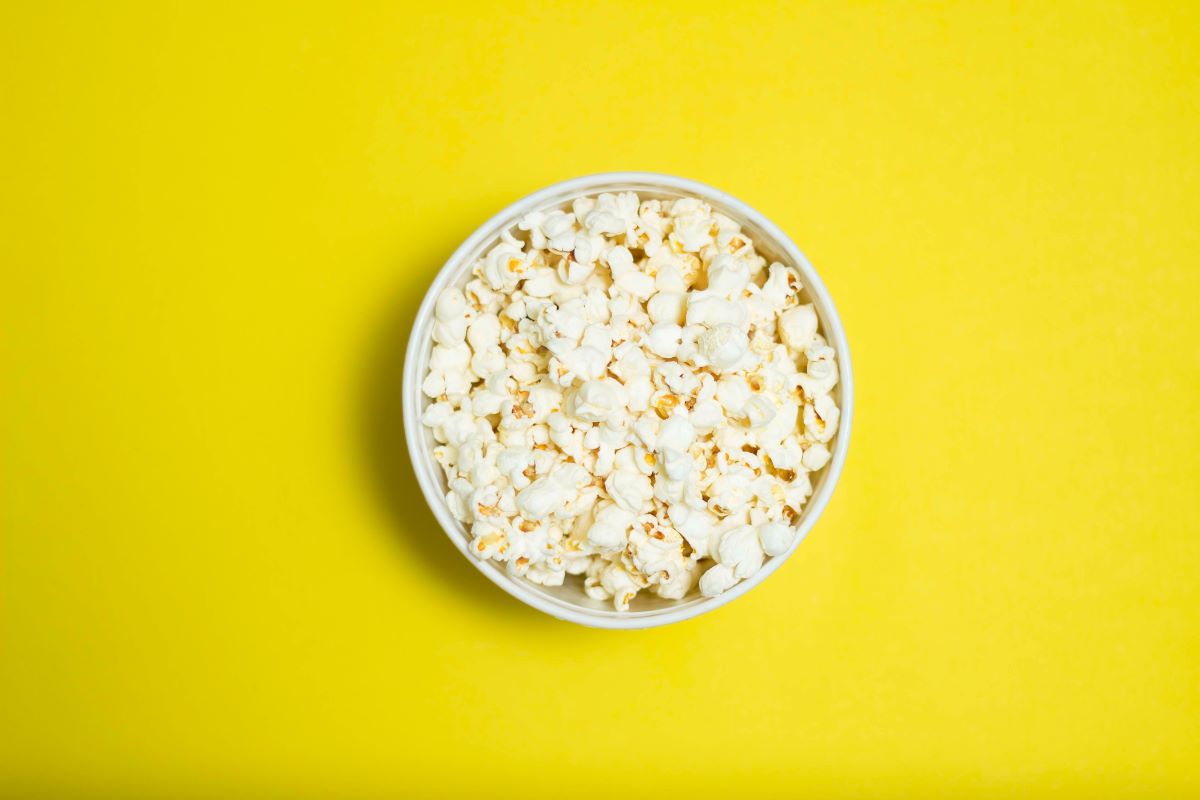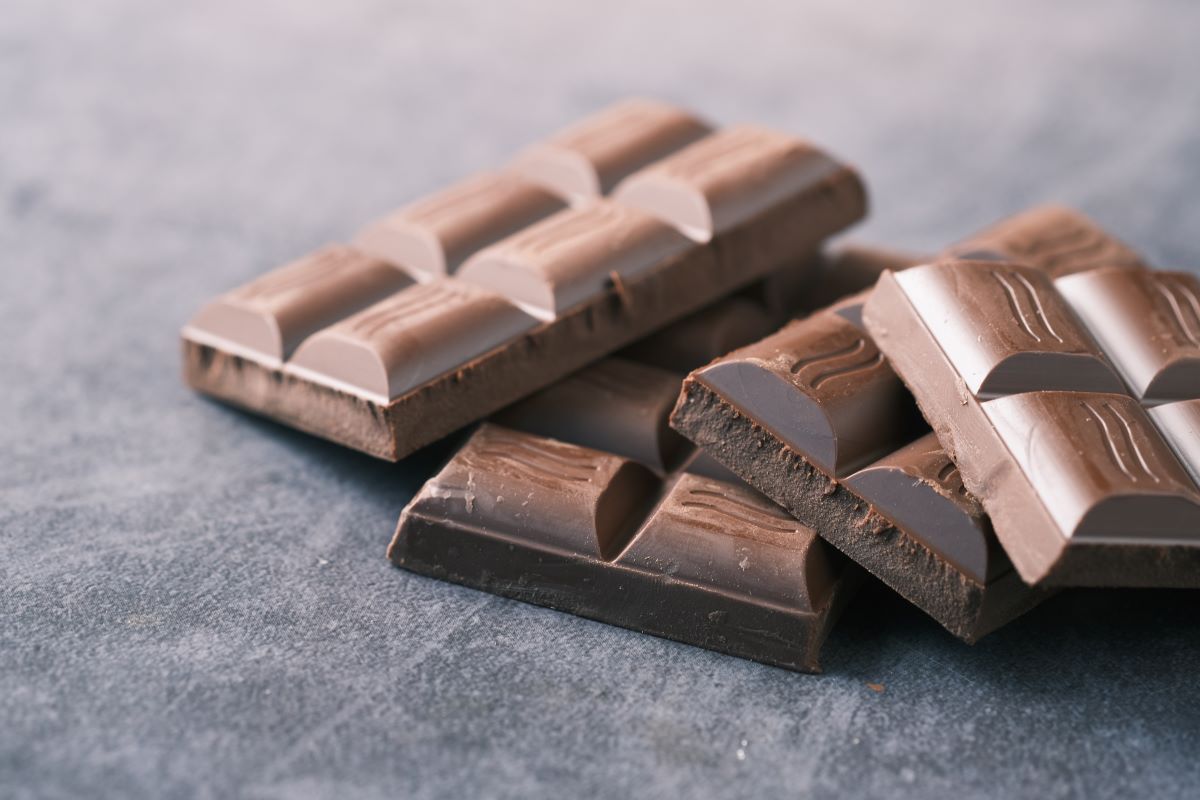Table of Contents
Is Cocoa Butter Vegan?
Pure cocoa butter is considered vegan, as it is a vegetable fat extracted from the cocoa bean. However, it is always wise to consider the source of your cocoa butter due to various ethical and sustainability factors.
Non-Vegan Ingredients or Processes
Cocoa butter is a plant-based fat extracted from the seeds of the Theobroma cacao tree and is considered vegan. However, in rare cases, some cocoa butter products may not be vegan if they are processed using shared equipment that also handles dairy products, leading to potential cross-contamination. It’s essential for vegans to check product labels or seek assurance from manufacturers about dedicated equipment to ensure their cocoa butter is free from any non-vegan ingredients or processes. Additionally, some processed cocoa butter products may contain additives or are used in conjunction with non-vegan ingredients in certain chocolates, cosmetics, and other skincare products.
Controversies or Gray Areas within the Vegan Community
Cocoa butter is a subject of controversy and gray area within the vegan community due to potential cross-contamination issues. Some vegans may find it challenging to determine the vegan status of cocoa butter processed in facilities that also handle dairy products. Even if the cross-contamination is minimal and unintentional, there are differing opinions on whether such products should be considered vegan.
While some vegans may accept small traces of animal-derived substances, others maintain a stricter stance, seeking cocoa butter produced in entirely separate facilities. The lack of standardized labeling and certification practices can further complicate matters, leaving vegans uncertain about the true origins and purity of cocoa butter products. Resolving these controversies and clarifying the guidelines for cocoa butter processing and labeling within the vegan community can contribute to a more informed and inclusive approach toward its consumption.
The main controversy surrounding cocoa butter is not about its ingredients, but rather about the industry’s practices involving deforestation and unfair labor, including child labor.
Cocoa Butter and Cacao Butter
Differentiating the two can sometimes be confusing. There are even some articles that say they’re exactly the same thing. In some sense, this is true. Nevertheless, there still is a distinction to be made.
Although often used interchangeably, “cocoa butter” and “cacao butter” slightly differ. Both terms describe the same natural fat extracted from cocoa beans. “Cocoa butter” is a widespread term in the food industry and the cooking world, where it’s an ingredient in various chocolate recipes, such as dark chocolate and desserts. But, in health-conscious and raw food circles, people sometimes use “cacao butter” to separate it from processed cocoa items.
Functionally and nutritionally, the two don’t have any notable differences. They both supply the same silky texture and pleasing chocolate aroma. This makes them flexible and valuable ingredients in cooking, baking, and cosmetics.
Cocoa Health Benefits
While most people’s preferred source of cocoa is dark chocolate, cocoa butter has similar health benefits. Studies show it contains antioxidants like polyphenols, which can help combat oxidative stress and inflammation in the body. The presence of these antioxidants, along with essential vitamins and minerals, can also contribute to healthier skin by promoting moisture retention and reducing the appearance of fine lines and wrinkles. Additional studies also show that cocoa butter helps boost heart health by lowering blood pressure. However, it is important to remember that cocoa butter is high in fatty acids and, like all good things, must be consumed in moderation.
Cocoa Butter in Cosmetics
Cocoa butter plays a significant role in cosmetics due to its excellent moisturizing and emollient properties. Its creamy texture and ability to melt at body temperature make it an ideal ingredient in various skincare products. It is widely used in lotions, creams, body butters, lip balms, and soaps. This is due to its ability to deeply hydrate and seal in moisture, effectively alleviating dry and chapped skin. Furthermore, its rich, natural aroma gives a pleasant scent to numerous cosmetic formulas. Cocoa butter also has a gentle nature that makes it suitable for all skin types, including sensitive ones, as it seldom causes irritation or allergic reactions.
Apart from skincare, cocoa butter also enhances hair care products by promoting shine and manageability. You can find it in shampoos, conditioners, and hair masks that nourish dry and damaged hair.
Overall, cocoa butter’s versatility and natural goodness have made it a favorite ingredient in many cosmetic products, delivering numerous benefits for both skin and hair care.
Vegan-Friendly Alternatives and Variations
Cocoa butter itself is vegan-friendly, but there are still other plant-based options that can replicate its creamy texture and versatility. Coconut oil is a popular and accessible substitute, offering a similar consistency and mild coconut flavor, making it suitable for both cooking and baking needs. Another excellent option is shea butter, derived from the nuts of the shea tree, which provides a rich and luxurious texture, perfect for skincare products like lotions and balms. Mango butter is also a cruelty-free alternative, known for its smoothness and nourishing properties, making it an excellent choice for various cosmetic applications. These vegan alternatives and variations to cocoa butter ensure that individuals following a plant-based lifestyle can still enjoy the same benefits and uses in their culinary and beauty routines, without compromising their ethical choices.
Store-Bought Alternatives
Several brands offer fair-trade and organic cocoa and cacao butter products. Below are some suggested brands to help you start:
Tips for Identifying Vegan-Friendly Options
When searching for vegan-friendly cocoa butter options, consider these tips. First, thoroughly inspect the product labels and ingredient lists. Look for clear declarations that the products are “vegan” or “plant-based.” Next, favor brands with clear certifications, such as “Certified Vegan” or “Vegan Society.” This guarantees that the production of the cocoa butter involved no animal-derived ingredients or cross-contamination. Finally, contact manufacturers or review their websites to understand their sourcing and production practices. This helps guarantee your chosen cocoa butter suits your ethical values.
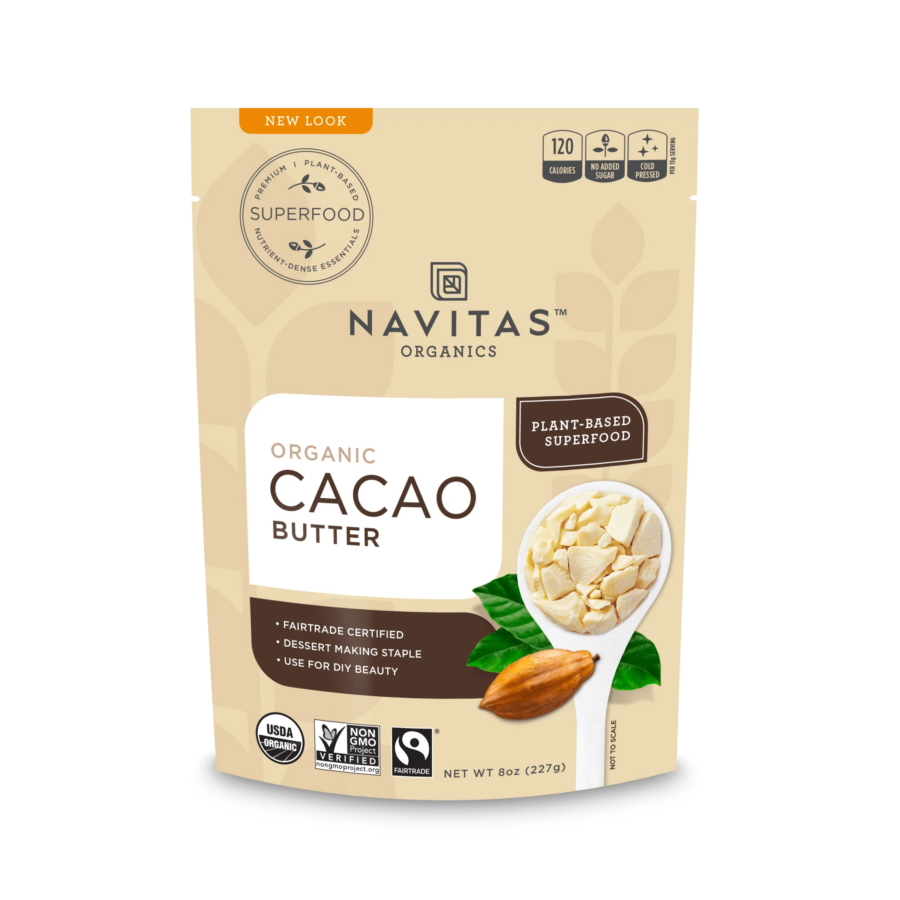
Navitas® Organics
Navitas® Organics offers organic, raw cacao butter made from cold-pressed cacao beans. Their cacao butter has a rich aroma and creamy texture, making it ideal for various culinary uses like making homemade chocolate, desserts, and smoothies.
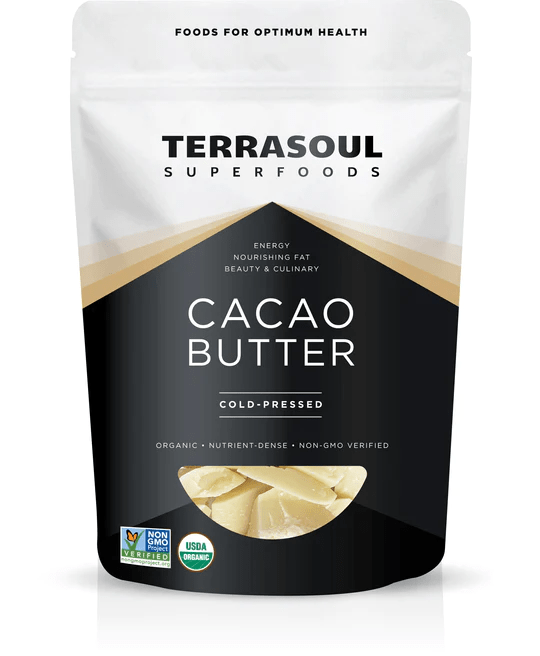
Terrasoul Superfoods®
Terrasoul Superfoods® sources raw, organic cacao butter from sustainable cacao beans. Their product doesn’t contain any additives or chemicals, making it an outstanding option for vegan chocolate-making, baking, and beauty treatments.
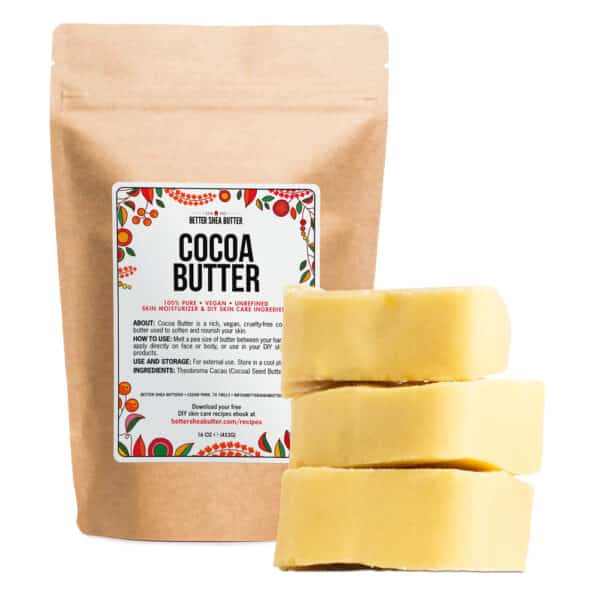
Better Shea Butter®
Better Shea Butter® provides a vegan cocoa butter product obtained from sustainably sourced cocoa beans. This cocoa butter is unrefined and organic, making it an excellent choice for crafting homemade lotions, creams, and other skincare products.
Homemade Versions
Ingredient Swaps
There may come a time when cocoa butter is unavailable at your local store. Thankfully, there are several plant-based alternatives that can be used for various applications.

For baking and cooking, coconut oil can be a suitable substitute, offering a similar creamy texture and mild coconut flavor.
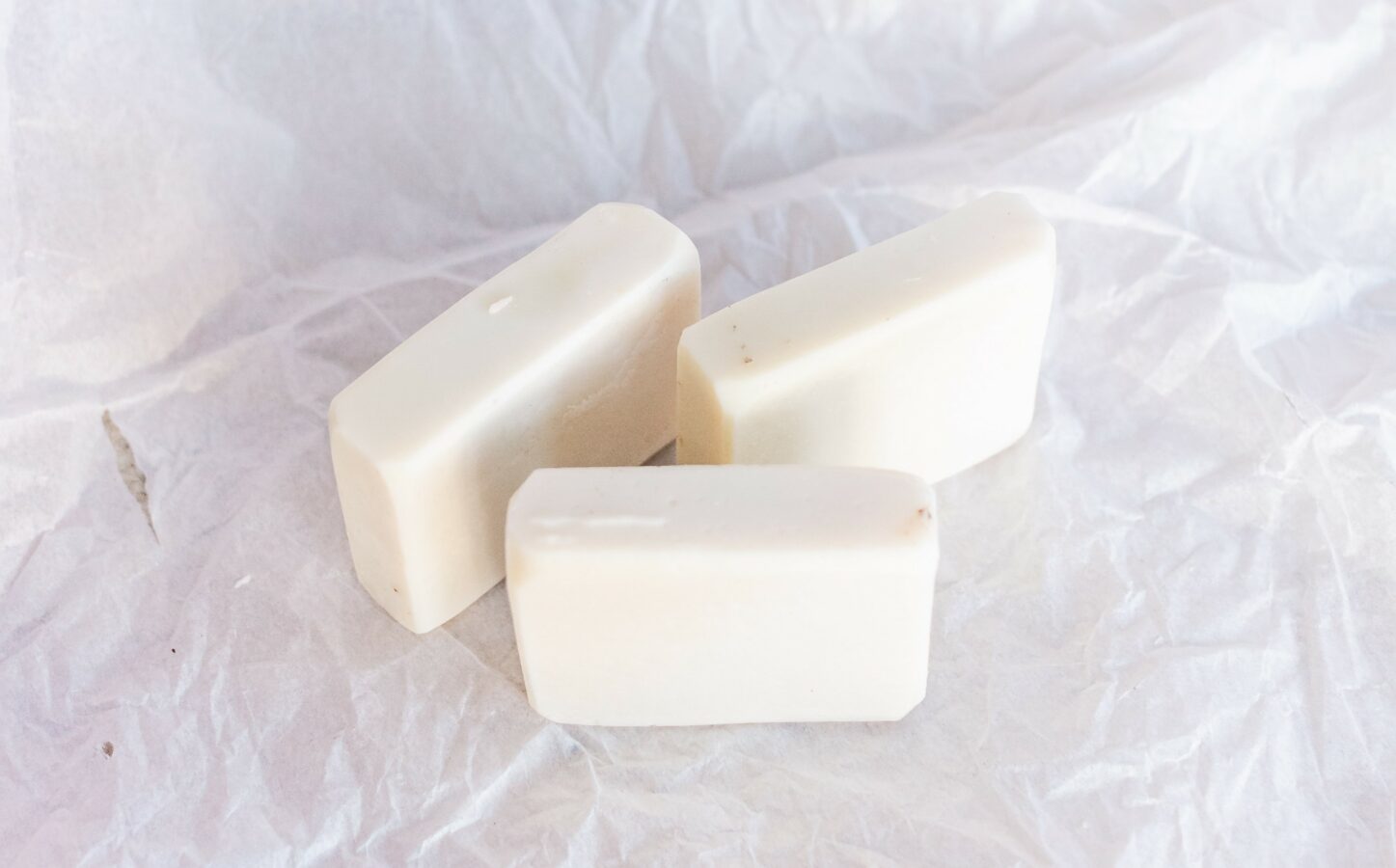
For skincare and cosmetic products, shea butter and mango butter present excellent options, both known for their nourishing and moisturizing properties, providing a vegan-friendly alternative to cocoa butter.
How To Use Vegan Alternatives in Recipes
Using vegan substitutes for cocoa butter in your vegan recipes is not only easy, but it can also add a delightful twist to your culinary and beauty creations. You can use coconut oil as a handy replacement for cocoa butter in baking and cooking. Just melt the coconut oil before blending it into your recipes to ensure the right consistency and flavor. It enhances various treats, such as vegan brownies, cookies, and cakes, by imparting a rich, slightly coconutty taste.
For skincare and beauty recipes, consider using shea butter and mango butter as alternatives to cocoa butter. Try melting and mixing them into homemade lotions, lip balms, and body creams for a luxurious and nourishing effect. Whether you’re in the kitchen or indulging in a self-care routine, these vegan cocoa butter substitutes heighten your creations while aligning with your ethical choices.
How Cocoa Butter Is Made
Cocoa butter is made from cocoa beans, which are the seeds of the cacao tree. The process begins with harvesting ripe cocoa pods, from which the beans are extracted and fermented to develop their distinct flavor. The fermented beans are then roasted, shelled, and crushed to separate the cocoa nibs from the cocoa butter, which is extracted by pressing the nibs, resulting in the creamy and aromatic cocoa butter.
Primary Ingredients
Cocoa Butter’s main ingredient, specifically the extracted pure and natural fat, comes directly from cocoa beans, the seeds of the cacao tree.
Secondary Ingredients and Additives
Usually, cocoa butter’s primary ingredient is pure, natural fat with no secondary ingredients or additives, as it comes directly from cocoa beans. However, some commercial cocoa butter products may rarely contain small amounts of extra ingredients like emulsifiers or stabilizers. These additives enhance texture and prolong shelf life. Consumers should thoroughly read product labels to ensure their chosen cocoa butter meets their specific dietary preferences and needs.
Production Process
The cocoa butter production process begins by harvesting ripe cocoa pods that house the cocoa beans. After extracting the beans, they ferment for several days, which enhances their flavor. The fermented beans are then roasted to evoke the signature chocolate aroma. Post-roasting, the beans are shelled to reveal cocoa nibs. These nibs are hydraulically pressed, which separates the cocoa butter from the cocoa solids. The resulting cocoa butter is rich, creamy, and aromatic.
After extraction, further processing, like filtering and deodorizing, creates the final product. This refined cocoa butter is used in various culinary and beauty products.
Sourcing and Ethical Considerations
Environmental Impact
The environmental impact of producing cocoa butter heavily depends on cocoa bean farming, the primary source of this plant-based butter. Farmers largely cultivate cocoa in tropical regions. The high demand for cocoa products like cocoa butter and cocoa powder consequently spurs significant deforestation and habitat destruction in these locales. The need for additional cocoa plantations often leads to clearing land, destroying crucial rainforests and ecosystems, and a loss of biodiversity.
Additionally, the typical method of cocoa farming uses chemical pesticides and fertilizers to boost crop yield. This practice can harm the soil and pollute the water. Insufficiently managed, these agrochemicals create hazardous runoff that contaminates nearby water sources, affecting both human health and marine life.
Labor Practices
The labor practices associated with cocoa butter production have been a subject of concern and scrutiny. Most of the world’s cocoa, the main ingredient in cocoa butter, comes from West African countries like the Ivory Coast and Ghana. However, the cocoa industry in these regions grapples with persistent issues of child labor and forced labor. It’s not uncommon to find children involved in hazardous tasks, such as carrying heavy loads and using dangerous tools during cocoa harvesting.
These practices raise ethical doubts and have triggered demands for more sustainable and responsible cocoa bean sourcing. Organizations and certifications like Fair Trade and the Rainforest Alliance are tackling these issues. They encourage/advocate improved labor conditions, fair wages, and educational opportunities for cocoa farmers and their communities.
As consumers, we can influence positive change in the industry by opting for products with ethical certifications. This choice supports more positive labor practices in the cocoa butter supply chain.
FAQ
Does cocoa butter expire?
Yes, cocoa butter can expire when not stored properly. However, when stored properly, cocoa butter can have a shelf life of between 2-5 years. It is always important to check the product’s expiration date and store cocoa butter in a cool, dry place to ensure its freshness and quality.
Can cocoa butter cause allergic reactions?
Cocoa butter is generally considered safe to apply to the skin. However, there are rare cases where people may be sensitive to cocoa butter or other ingredients found in cocoa butter products. This is why it is always a good practice to do patch tests before applying it to larger areas of the skin.
Is cocoa butter good for my skin?
Yes, cocoa butter is known for its moisturizing and nourishing properties, making it beneficial for the skin and an ideal skin cream. It helps hydrate and lock in moisture, leaving the skin feeling soft, smooth, and supple. This is why it is commonly used in various skincare products, such as lotions, creams, and lip balms.
